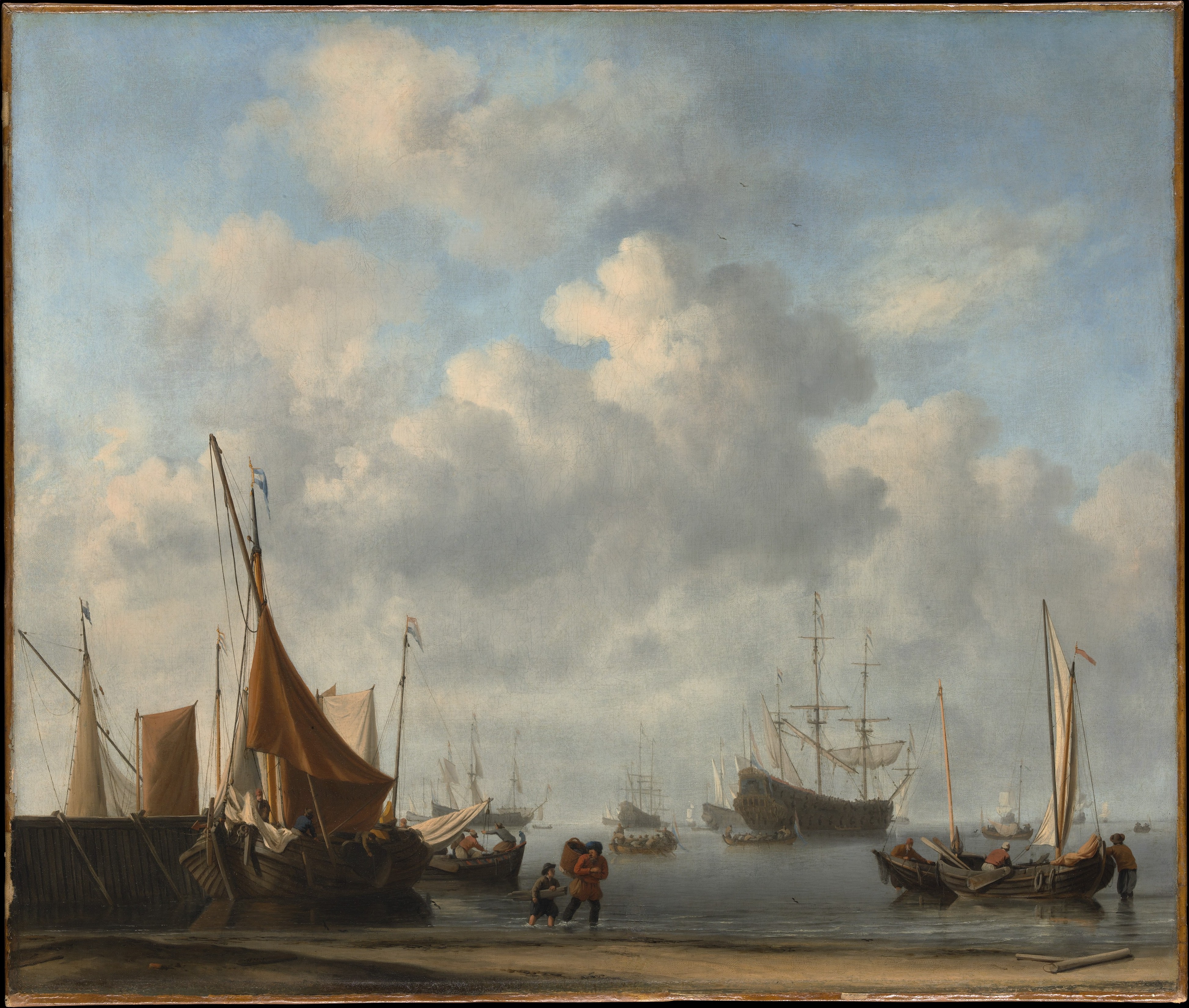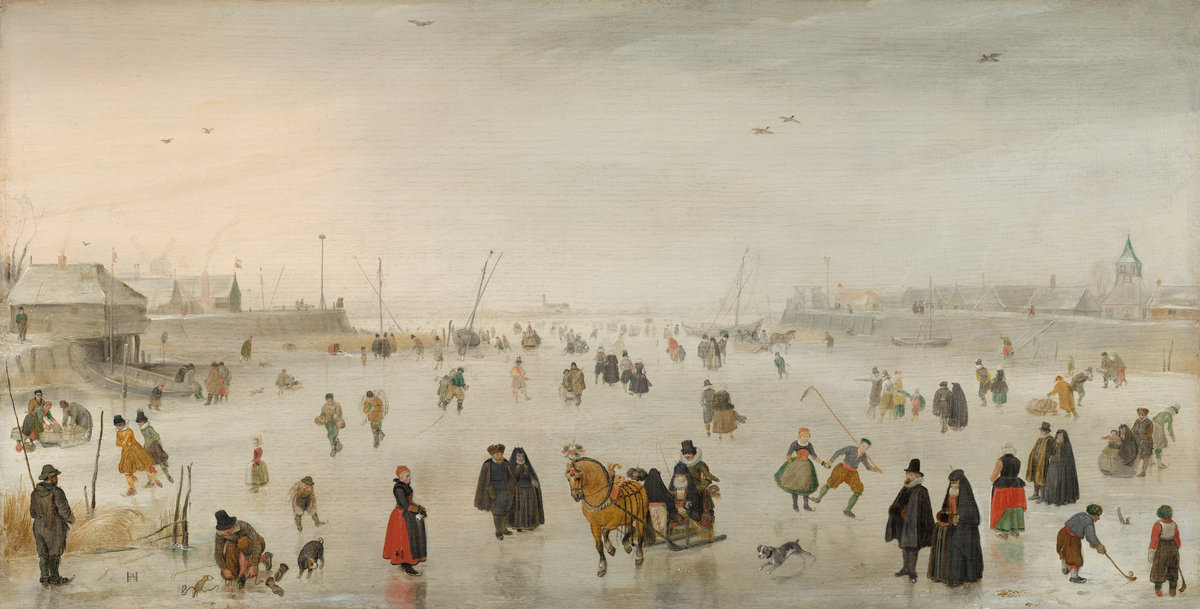European responses to the ongoing migrant crisis prove increasingly complex. While the heartwarming receptions of last week should be celebrated, the enormity of the crisis still looms large. And while the migrant wave could prove helpful for some European economies, everyone is not as optimistic about the potential benefits. On a related note, ISIS has used the ongoing media coverage of the dangerous migrant journey to discourage would-be immigrants from fleeing to Europe’s shores.
Amidst claims of corruption and marginalization from the central government, the call for Catalonian independence continues. With national unemployment as high as 24% last year, one group is finding unique ways to provide employment for some of society’s most marginalized – you can sign up now for a walking tour led by homeless and formerly homeless individuals.
While many American politicians continue to lament the recent Iranian nuclear deal (including Presidential hopeful Sen. Lindsey Graham’s fear of “holy hell” should the deal go through), European leaders maintain their confidence in, and commitment to, the deal.
With thousands killed, millions displaced, and large regions of the country facing starvation, things are looking bleak in South Sudan. Despite the signing of a seventh ceasefire on August 27th, the prospects for a peaceful resolution remain slim as threats against journalists and civil society reach new heights.
Of the world’s 55 authoritarian leaders, twenty percent are 69 years old or older. With so many aging dictators, should democracy promoters get excited about the opportunity presented by these pending regime changes? Unfortunately, the rejoicing should not begin quite yet.
In preparation for the arrival of Pope Francis, Cuba has announced pardons for more than 3,500 prisoners.
Earlier this week, Erica Chenoweth wrote a compelling piece on “Practical Compassion in the Age of Crisis.” In addition, Charli Carpenter has posted a wonderful piece on the pragmatic steps that scholars and academics can take to bring change in the broader refugee crisis.







